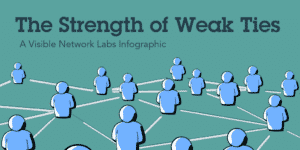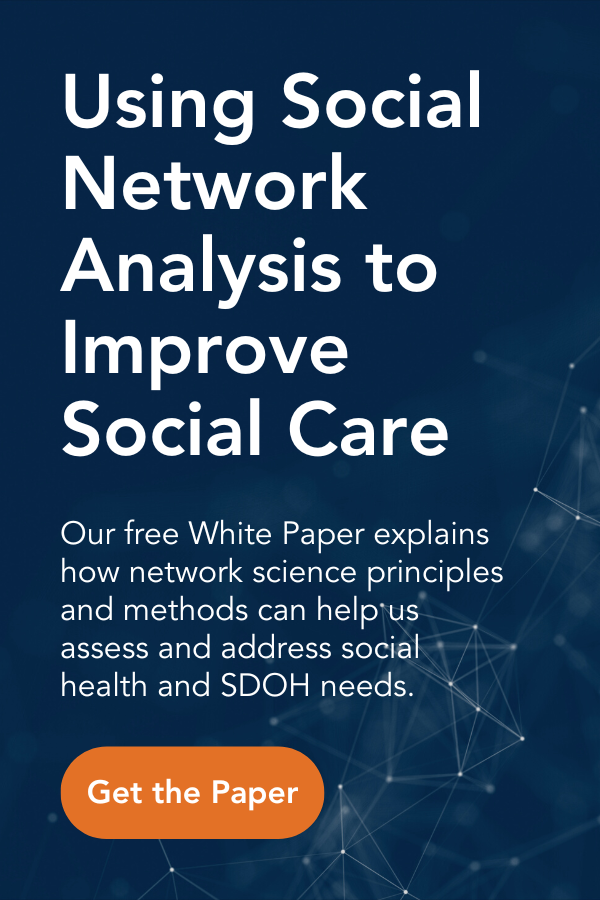Systems of Care for Children with Special Needs – Strengthening Health Care Systems

Current approaches to addressing the problems families face when navigating complex service systems on behalf of their children rely largely on state or nationally driven efforts around the development of systems of care (SOCs). However, operationalizing meaningful family involvement within SOCs remains a challenge, with little attention paid to the role of personal social support networks (PSSNs). Specifically, risk factors related to the variations in the social connectedness of family social support networks are difficult to identify, assess, and track over time. This paper summarizes families’ descriptions of their PSSNs and describes the development of a social network analysis tool, the Person-Centered Network App (PCNA), used to measure and monitor the social connectedness of families of children with special health care and developmental needs. Twenty-nine families participated in the project and completed social network surveys, identifying a total of 38 unique types of support partners and 230 partnerships (dyadic relationships). Families identified a range of formal and informal members including primary care providers, medical specialists, family, friends, faith-based organizations, insurance providers, nurses, community organizations, early interventionists, school resources, other families, online support groups, and public resources, rating 61 percent of them as “very important.” Informal network members (e.g., family, friends) provided emotional and day-to-day support. Primary care providers, medical specialists, and public resources provided health care services while early intervention and medical specialists provided therapies. PSSNs were characterized by high levels of trust but low levels of coordination. These findings inform providers and case workers that families can readily describe their social connectedness in ways that may affect health care access and utilization. Understanding how PSSNs function in the lives of families of children with complex health care needs provides opportunities for improving systems of care (e.g., medical homes) and ultimately, enhancing health and developmental outcomes.
Keywords: electronic health records; social networks; organizational innovation; quality improvement; data collection
|
|
Thank you for Signing Up |

More Social Care Resources




